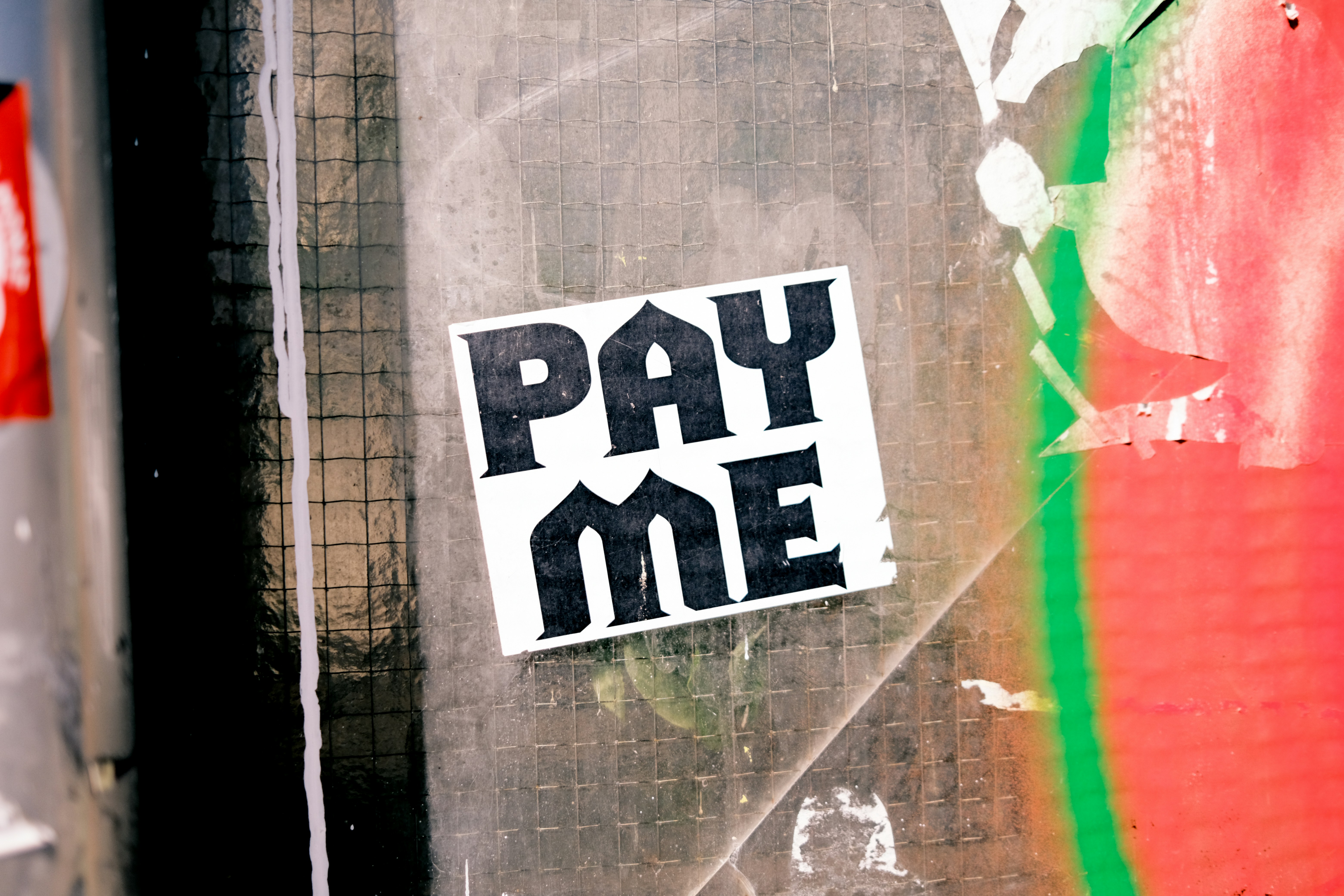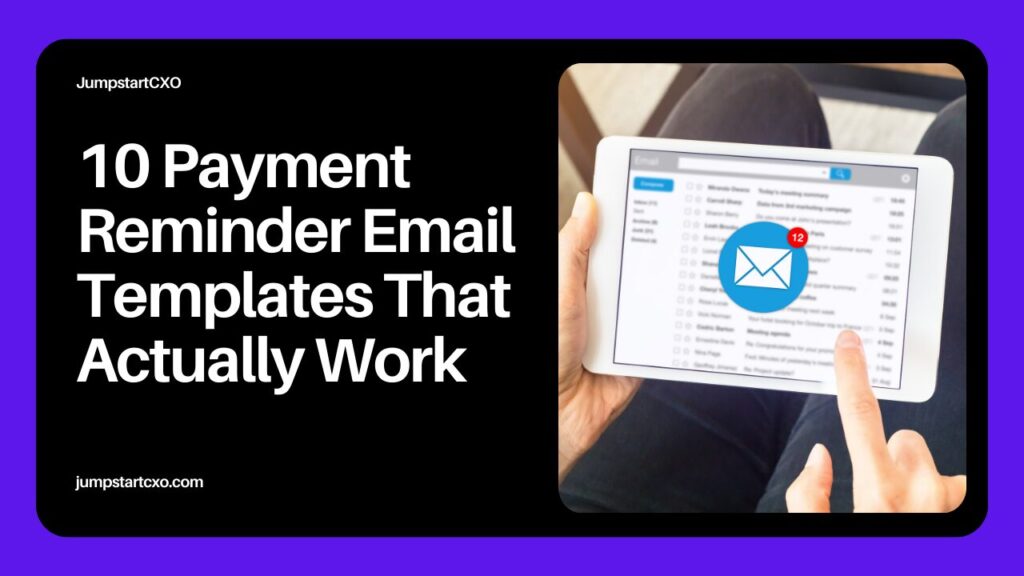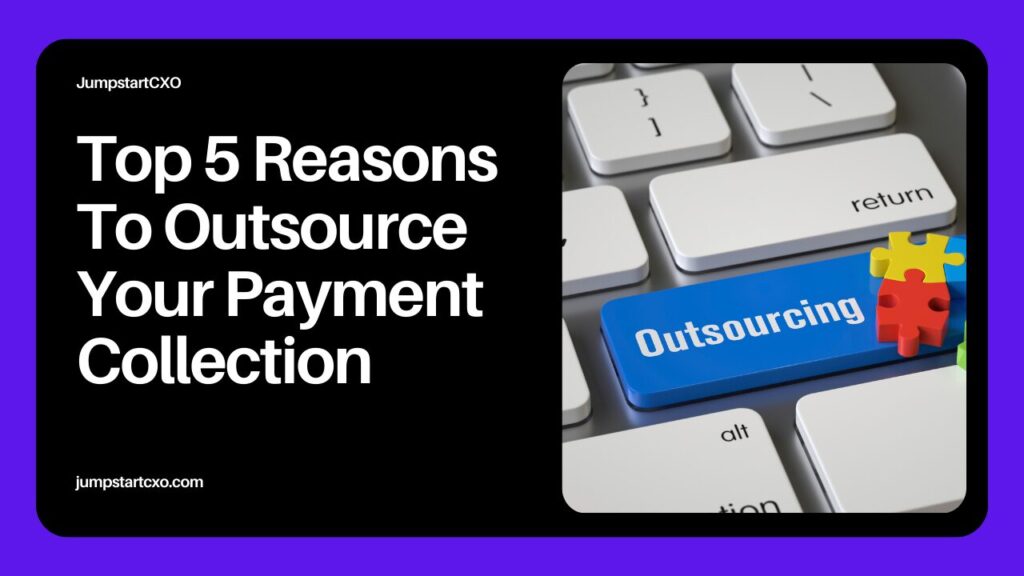Dealing with non-paying clients is a common challenge for freelancers and small business owners.
When a client doesn’t pay on time, it can disrupt your cash flow and create financial stress.
Knowing what to do if a client doesn’t pay is crucial for maintaining your business’s financial health and ensuring you get compensated for your work.
This comprehensive guide explores six smart strategies to address late or missed payments effectively.
Introduction to Dealing with Non-Paying Clients
When you provide a service or product, you expect to be paid promptly.
However, not all clients honor their payment obligations on time. Late payments can lead to cash flow issues, making it difficult to cover your expenses and plan for future growth.

Understanding what to do if a client doesn’t pay can help you navigate these situations confidently and professionally.
1. Send a Polite Payment Reminder
The first step when a client doesn’t pay on time is to send a polite payment reminder.
A gentle nudge can often prompt the client to take action without damaging the relationship.
Here’s how to do it effectively:
- Be Prompt: Send the reminder as soon as the payment is overdue. The sooner you address the issue, the better. Prompt action shows that you are attentive to your accounts and expect timely payments.
- Keep it Professional: Maintain a professional tone in your communication. Avoid sounding accusatory or confrontational, as this can escalate tensions and make the client defensive. Instead, approach the situation with a collaborative mindset.
- Include Details: Provide all relevant details, such as the invoice number, due date, and total amount owed. This helps the client identify the payment quickly and reduces the likelihood of misunderstandings. Clear communication can prevent excuses related to lack of information.
- Offer Assistance: If the client is facing difficulties, offer to discuss alternative payment options or plans. This shows empathy and a willingness to work together to resolve the issue.
Example of a Polite Payment Reminder
Subject: Friendly Reminder: Outstanding Invoice [Invoice Number]
Dear [Client's Name],
I hope this message finds you well. I am writing to follow up on invoice [Invoice Number], which was due on [Due Date]. The total amount of [Amount] is still outstanding.
If you have already initiated the payment, please disregard this reminder. If not, I would appreciate it if you could process the payment at your earliest convenience. If there are any issues or if you need to discuss alternative payment arrangements, please let me know.
Thank you for your prompt attention to this matter.
Best regards,
[Your Name]For more email templates like that, check out 10 Payment Reminder Email Templates That Actually Work to improve your email follow-ups.
2. Follow Up with a Phone Call
If the initial reminder goes unanswered, the next step is to follow up with a phone call.
A direct conversation can often resolve misunderstandings and encourage prompt payment.
- Prepare a Script: Have a script ready to ensure you cover all necessary points during the call. This helps you stay focused and prevents forgetting important details. A well-prepared script can also help you maintain a calm and professional demeanor.
- Be Empathetic: Understand that the client might be facing their own challenges. Show empathy while firmly stating your expectations. Empathy can help build trust and make the client more willing to cooperate.
- Offer Solutions: If the client is experiencing financial difficulties, discuss potential solutions like a payment plan. This shows flexibility and a commitment to finding a mutually beneficial resolution.
Tips for a Successful Follow-Up Call
- Start with a Friendly Greeting: Begin the conversation on a positive note to set the right tone. A friendly greeting can help put the client at ease and make them more receptive to your message.
- State the Purpose Clearly: Clearly explain the reason for your call and the details of the outstanding payment. Be specific about the amount owed, the due date, and any previous communications regarding the payment.
- Listen Actively: Pay attention to the client’s responses and address any concerns they may have. Active listening shows that you value their perspective and are willing to work with them to resolve the issue.
- Document the Call: Keep a record of the conversation, including the date, time, and any agreements made. This can be useful for future reference and follow-up.
3. Implement Late Fees
Applying late fees can motivate clients to prioritize your payments.
Late fees serve as a deterrent for delayed payments and can compensate you for the inconvenience caused. Here’s how to implement them effectively:
- Include in Payment Terms: Clearly outline late fees in your initial payment terms and contracts. This sets expectations from the beginning and ensures that clients are aware of the consequences of late payments. Transparency is key to maintaining trust and avoiding disputes.
- Communicate Clearly: Inform the client about the late fees in your reminders and follow-up communications. Make sure they understand how the fees are calculated and when they will be applied. Clear communication can prevent surprises and help the client plan accordingly.
- Be Reasonable: Ensure the late fees are reasonable and comply with legal standards. Excessive fees can damage client relationships and may be challenged legally. Reasonable fees are more likely to be accepted by clients and can help maintain a positive working relationship.
Benefits of Late Fees
- Encourages Timely Payment: Clients are more likely to pay on time to avoid additional charges. Late fees can serve as a strong incentive for prompt payment, helping you maintain a steady cash flow.
- Compensates for Delays: Late fees can help compensate for the inconvenience and potential cash flow issues caused by delayed payments. This can be particularly important for small businesses that rely on timely payments to meet their own financial obligations.
- Sets a Professional Tone: Including late fees in your payment terms demonstrates professionalism and seriousness about your payment policies. It sends a clear message that you expect timely payments and are prepared to enforce your terms.
4. Consider a Payment Plan
Offering a payment plan can be a practical solution for clients facing temporary financial difficulties.

A payment plan allows the client to pay off their debt in manageable installments, reducing the burden on both parties. Here’s how to set it up:
- Assess the Situation: Evaluate the client’s financial situation and their ability to commit to a payment plan. Consider factors such as their payment history, the nature of their business, and any external factors that may be affecting their cash flow.
- Create a Schedule: Develop a payment schedule that works for both parties. Ensure the installments are manageable for the client but also meet your cash flow needs. A well-structured payment plan can help build trust and maintain a positive working relationship.
- Document the Agreement: Put the payment plan in writing and have both parties sign it to avoid future misunderstandings. The agreement should include details such as the installment amounts, due dates, and any applicable interest or fees.
Steps to Create a Payment Plan
- Determine the Total Amount Owed: Calculate the total outstanding amount, including any late fees or interest. This will serve as the basis for the payment plan.
- Divide into Installments: Break down the total amount into smaller, manageable installments. Consider the client’s cash flow and payment history when determining the installment amounts and frequency.
- Set Deadlines: Establish clear deadlines for each installment and communicate them to the client. Regular reminders can help ensure that payments are made on time.
- Monitor Progress: Keep track of the payments and follow up if any installments are missed. Regular communication can help maintain momentum and address any issues that may arise.

5. Seek Legal Advice
If all other efforts fail, seeking legal advice may be necessary. Legal action can help enforce your payment terms and recover the outstanding amount.
Here’s what you need to know:
- Consult a Professional: Speak with a lawyer who specializes in debt collection. They can provide guidance tailored to your situation and help you understand your legal options. A legal professional can also assist with drafting demand letters and filing lawsuits if necessary.
- Understand Your Options: Legal action can include sending a demand letter, filing a lawsuit, or taking the matter to small claims court. Each option has its own advantages and disadvantages, and the best course of action will depend on the specifics of your case.
- Consider the Costs: Be aware of the potential legal fees and weigh them against the amount owed. Sometimes, the costs of legal action may outweigh the benefits, particularly if the outstanding amount is relatively small.
When to Consider Legal Action
- Large Amounts Owed: If the outstanding amount is significant, legal action may be justified. The potential recovery can outweigh the costs and effort involved in pursuing legal remedies.
- Repeated Non-Payment: If a client repeatedly fails to pay despite reminders and follow-ups, legal intervention may be necessary. Repeated non-payment can indicate a pattern of behavior that is unlikely to change without enforcement.
- Contract Breach: If the non-payment constitutes a breach of contract, legal action can help enforce the agreement. A breach of contract can have serious implications for your business, and legal remedies can help protect your interests.
6. Engage a Debt Collection Agency
Engaging a debt collection agency can be an effective way to recover overdue payments.
Debt collection agencies have specialized knowledge and resources to pursue outstanding debts, freeing up your time to focus on your core business activities.
Here’s how to approach it:
- Choose Reputable Agencies: Research and select a reputable debt collection agency with a proven track record. Look for agencies that have experience in your industry and a history of successful recoveries.
- Provide All Details: Share all relevant information about the outstanding payment, including invoices, communication history, and any agreements. The more information the agency has, the better equipped they will be to pursue the debt effectively.
- Stay Informed: Keep track of the agency’s progress and maintain open communication with them. Regular updates can help you stay informed about the status of the collection efforts and make any necessary adjustments to your strategy.
Benefits of Using a Debt Collection Agency
- Expertise: Debt collection agencies have specialized knowledge and resources to recover overdue payments effectively. Their expertise can help maximize the chances of a successful recovery.
- Time-Saving: Outsourcing the collection process allows you to focus on your core business activities. This can be particularly beneficial for small businesses with limited resources.
- Higher Recovery Rates: Agencies often achieve higher recovery rates due to their expertise and persistent follow-up. Their specialized skills and resources can help overcome common obstacles to debt recovery.
If you’re exploring this option, it’s worth partnering with an agency that understands the unique challenges small businesses face. JumpstartCXO provides tailored debt collection services designed to recover payments professionally — without damaging client relationships.
Their proven approach helps businesses save time and improve cash flow with minimal friction.
Learn why Outsourcing Your Payment Collection could be the solution to speeding up collections.
Conclusion
Dealing with non-paying clients is a challenging but inevitable part of running a business.
Knowing what to do if a client doesn’t pay can help you navigate these situations confidently and protect your financial interests.
By following these six smart strategies, you can improve your chances of recovering overdue payments and maintaining healthy client relationships.
Take action today to address late payments and ensure your business thrives.
FAQs
Q: What should I do if a client doesn’t respond to payment reminders?
If a client doesn’t respond to payment reminders, follow up with a phone call to discuss the outstanding payment directly.
This personal touch can often resolve the issue more effectively than written communication. During the call, be polite but firm, and offer to discuss alternative payment arrangements if necessary.
Q: How can I implement late fees without damaging client relationships?
To implement late fees without damaging client relationships, clearly communicate the fees in your initial payment terms and reminders.
Ensure the fees are reasonable and comply with legal standards. Maintain a professional and empathetic tone in your communications, and be open to discussing alternative payment arrangements if the client is facing financial difficulties.
Q: When should I consider legal action for an unpaid invoice?
Consider legal action for an unpaid invoice if the outstanding amount is significant, the client repeatedly fails to pay despite reminders, or the non-payment constitutes a breach of contract.
Consult with a legal professional to understand your options and the potential costs involved. Legal action should be a last resort after all other efforts to recover the payment have failed.
Q: What are the benefits of using a debt collection agency?
The benefits of using a debt collection agency include their expertise in recovering overdue payments, the time-saving aspect of outsourcing the collection process, and the higher recovery rates they often achieve due to their specialized resources and persistent follow-up.
Debt collection agencies can help maximize the chances of a successful recovery while allowing you to focus on your core business activities.
Q: How can I create an effective payment plan for a client?
To create an effective payment plan, assess the client’s financial situation and develop a manageable payment schedule that works for both parties.
Document the agreement in writing and include details such as the installment amounts, due dates, and any applicable interest or fees.
Monitor the progress of the payments and follow up if any installments are missed.
Regular communication can help maintain momentum and address any issues that may arise.




